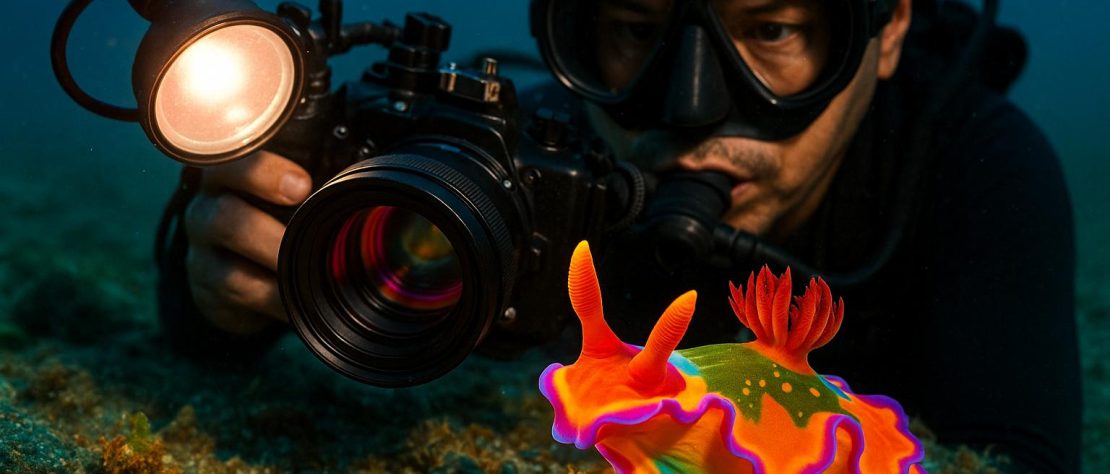Understanding Night Dives
Night diving offers an immersive and captivating way to delve into the mysteries of the underwater world after darkness falls. This unique form of diving presents distinct opportunities for divers to observe marine life operating in their natural habitats, often revealing patterns and behaviors that are hidden during the day. As the moonlit waters come alive, divers are treated to an array of spectacles that are both enchanting and educational.
Nocturnal Reef Life
The transformation that occurs within reef ecosystems when night approaches is nothing short of fascinating. Creatures that are elusive during daylight hours become more active and visible when the cover of night allows them to roam freely. Species such as *moray eels* and *octopuses* engage in hunting and foraging activities, demonstrating behaviors that are seldom witnessed in the daytime. These nocturnal predators emerge from their daytime shelters, showcasing hunting strategies and interactions that are both intriguing and complex.
Additionally, the vibrant display from *coral polyps* at night stands in stark contrast to their daytime state. During the day, these polyps retract, presenting a more subdued appearance. However, under the veil of night, they open up, revealing breathtaking colors and textures. This nightly transformation not only alters the appearance of the reefs but also enhances the overall diving experience, allowing divers to witness the reef’s ecosystem as an intricate yet beautifully orchestrated system.
Equipment for Night Diving
The equipment necessary for night diving largely mirrors what divers use during the day, yet certain gear is essential for ensuring a safe and enjoyable night diving experience. A primary piece of equipment is the dive light. Divers typically utilize one main dive light to illuminate their surroundings and identify marine life. In addition, carrying a backup light is a crucial safety measure, providing assurance in case the primary light fails.
Beyond personal lighting, a tank light or glow stick affixed to the tank valve of a diver can greatly enhance visibility. This practical addition ensures that diving partners remain visible to each other throughout the dive. The use of these lighting tools not only aids in navigation but also enhances communication between divers, fostering a safer and more cohesive diving experience.
Safety Considerations
Night diving introduces specific challenges that require divers to exercise a heightened level of awareness and precaution. It is recommended that divers familiarize themselves with the diving site during daylight hours. Recognizing landmarks and understanding the layout of the dive site is vital, as it enables divers to navigate with confidence and ease when darkness envelops the environment.
Engaging in night diving as part of a team is also essential. Diving with a buddy allows for close proximity, ensuring that assistance is readily available should the need arise. Strong navigation skills become crucial, as do understanding potential hazards associated with currents and marine life. By maintaining an acute awareness and adopting a cautious approach, divers can mitigate risks and safely explore the nocturnal underwater world.
Training and Certification
Participating in a specialized night diving course offers substantial benefits for those eager to master the nuances of diving after dark. Many dive organizations provide certifications targeting night diving techniques, which encompass emergency protocols and equipment handling specific to night-time environments. These courses prepare divers to face various challenges that may arise during nocturnal explorations, instilling confidence and ensuring preparedness.
With proper training, divers can appreciate the subtleties involved in night diving, shifting from basic techniques to mastering skills that enhance safety and enjoyment. For those interested in delving deeper, numerous resources provide guidance and learning opportunities tailored to enthusiastic divers.
For a comprehensive overview of night diving techniques and available courses, visit Scuba Diving Resources. This site offers detailed information, equipping divers with the knowledge necessary to excel underwater at night.

